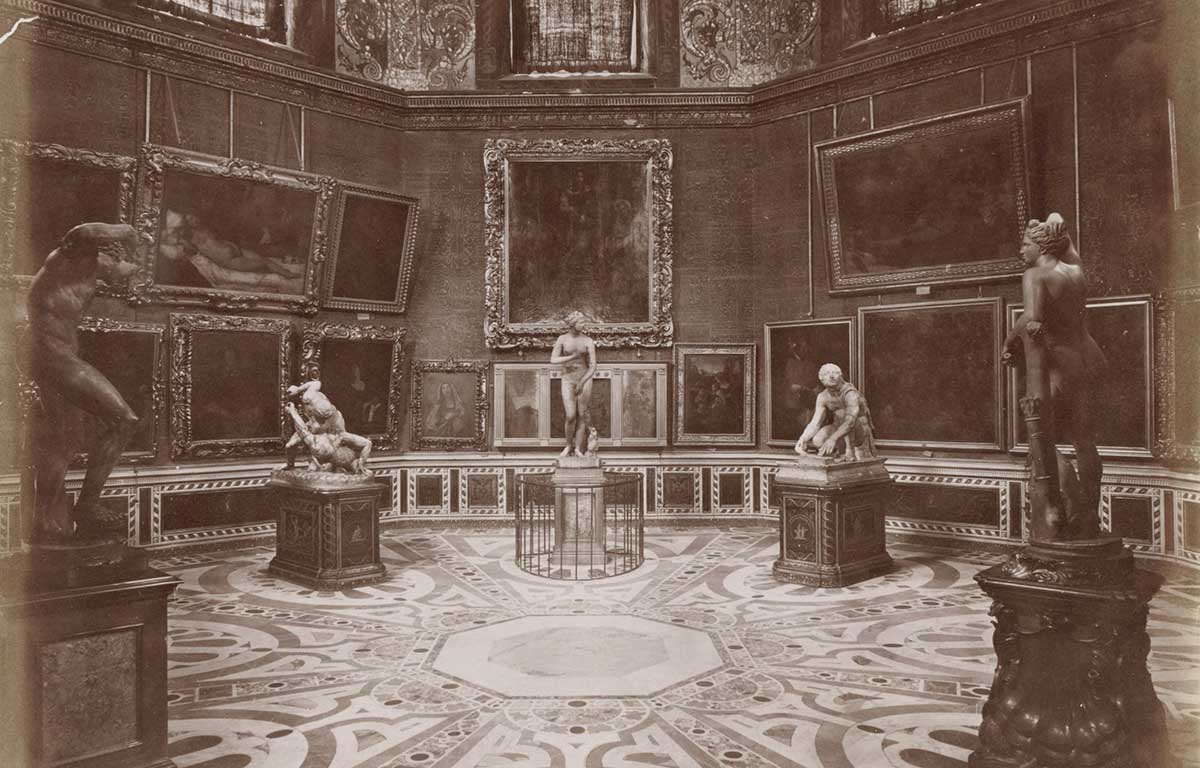On the Spot: Panikos Panayi - 2 minutes read

Why are you a historian of immigration?
Because I am a (second generation) immigrant.
What’s the most important lesson history has taught you?
That history seems to have little influence on many of our rulers.
Which history book has had the greatest influence on you?
E.H. Carr, What is History?
What book in your field should everyone read?
Tony Kushner, Remembering Refugees, reveals the self-righteous hypocrisy of British attitudes towards immigration.
Which moment would you most like to go back to?
Lymbia, Cyprus, c.1950.
Which historian has had the greatest influence on you?
My PhD supervisor Colin Holmes.
Which person in history would you most like to have met?
Jesus Christ.
How many languages do you have?
English, German, Standard Modern Greek, Greek Cypriot dialect.
What’s the most exciting field in history today?
I have just begun work on a project on ‘The Cypriot Peasant’ and I have found that folklorists have produced more original and interesting work than political and diplomatic historians.
What historical topic have you changed your mind on?
When I started my career, I viewed Britain as purely hostile to immigrants but now I see the picture as much more complex.
Which genre of history do you like least?
I am trying not to offend anybody.
Is there an important historical text you have not read? Tons.
What’s your favourite archive? Bundesarchiv, Berlin-Lichterfelde.
What’s the best museum? The Uffizi.
Normans or Anglo-Saxons?
This seems irrelevant to contemporary Britain, but both groups were immigrants.
Rome or Athens?
As somebody who speaks the Greek Cypriot dialect, I find Athens hellish. But I choose the Athens of antiquity.
Braudel or Gibbon? Both approaches are important.
Michelangelo or Frida Kahlo? Michelangelo.
What is the most common misconception about your field?
Not really answering the question, but when I started my career, I found myself as one of a handful of historians in Britain from migrant backgrounds. This has changed, although there remains a long way to go.
What will future generations judge us most harshly for?
My job as a historian consists of understanding past events.
Panikos Panayi is Professor of European History at De Montfort University and author of Migrant City: A New History of London (Yale, 2020).